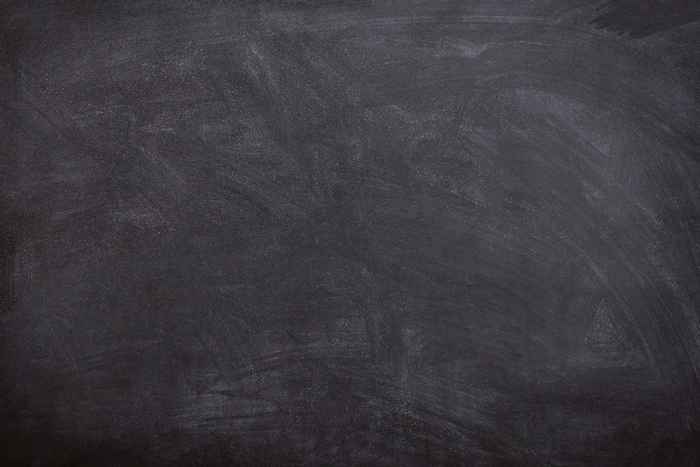Fall 2023 Emergence and the Renormalization Group
- Start date
- 4 September 2023
- End date
- 18 December 2023
- Time
- 11:15
Each module consists of four lectures and exercise sessions. Lectures will take place on Mondays at 11:15 - 13:00, followed by a study/exercise session from 13:45 - end. At the end of each module there is an exam. All exams are pass/fail, and you need to pass all three exams to receive credit for the course.
Teaching is on location in person, with the location of this course rotating between the three institutes. The first module is in Amsterdam.
Students who do not have an OV-card from the Dutch government can have their travel costs reimbursed from D-ITP. Please contact the local coordinator (below) for details.
Please register HERE before the course begins, even if you do not take the course for credit.
We cannot process your grade or send important notices if you do not register.
Module 1: Non-equilibrium stochastic mechanics: emergence and renormalization, Wout Merbis (Amsterdam)
Lectures and exercises: Sept 4, 11, 18, 25
Exam: Oct 9 (Oct 2 is UL holiday)
Location: Science Park G2.02 (Amsterdam)
Abstract: In these lectures we will explore quantum methods for stochastic mechanics, where we will focus on the theme of ’emergence and renormalization’.
First, we will provide some conceptual background on emergence. What does this even mean? What are different kinds of emergence? How can we study emergent phenomena scientifically?
After this, we will focus on bringing techniques familiar to theoretical physicists (such as second quantization, Fock space, path integrals and quantum field theory) back into the classical domain. We will apply these techniques to reaction-diffusion models of non-equilibrium stochastic systems, which may find applications in a diverse set of scientific fields, including physical chemistry, theoretical ecology, epidemiology, game theory and socio-economical models of complex systems.
We conclude with discussing renormalization group methods in this setting, which links back to the topic of emergence, as we will see universality of critical dynamics appear near dynamical phase transitions, similar to that of equilibrium systems.
Module 2: Active Matter, Silke Henkes (Leiden)
Lectures and exercises: Oct 16, 23, 30, Nov 6
Exam: Nov 13
Location: (Leiden)
Abstract: Active matter is the physics of things that move on their own, for example flocks of birds, schools of fishes, but also the cells in tissues that constitute the developing embryo. Including internal mechanisms of motion and producing stresses breaks equilibrium statistical mechanics at the local level, leading to many unexpected phenomena, such as long-range flocking, motile topological defects and pattern formation.
In this course, I will give an overview of the state of the art of this young field and the different theoretical approaches being utilised. The dynamics of active agents such as colloids and cells is deeply entwined with equilibrium dynamics, and I will begin with a crash course on Langevin dynamics for individual particles, diffusion and fluctuation-dissipation, and how to link them to a hydrodynamic description through the Fokker-Planck equation.
I will then introduce self-propelled active Brownian particles (ABPs) as a paradigmatic active matter model, and show how it modifies equilibrium dynamics. The different phases of ABPs (gas, liquid, glass and motility induced phase separated) will be the focus of an extended exercise session that will involve writing a python code for this model.
I will then move on to hydrodynamic theories of active liquids, beginning with the Toner-Tu equations of flocking and their link to microscopic approaches such as the Vicsek model. I will also specifically discuss the case of active nematic liquid crystals where dynamics is dominated by motile half-integer defects, and pair both models with experimental examples.
Finally, I will spend time on the case of active solids, and how activity interacts with the local mechanics to generate new states that are relevant to development in biology, as well as being a route to creating new materials through active pattern formation.
Module 3 Title: TBA, Dirk Schuricht (Utrecht)
Lectures and exercises: Nov 20, 27, Dec 4, 11
Exam: Dec 18
Location: TBA (Utrecht)
Abstract: TBA
Contact
Dr. Lars Fritz
Institute for Theoretical Physics
Utrecht University
e-mail: l.fritz [at] uu.nl
Prof. Koenraad Schalm
Instituut-Lorentz for Theoretical Physics
Leiden University
email: kschalm [at] lorentz.leidenuniv.nl
Dr. Wouter Waalewijn
Institute for Theoretical Physics
University of Amsterdam
e-mail: w.j.waalewijn [at] uva.nl
Administrative
Mariëlle Hilkens
Institute for Theoretical Physics
Utrecht University
e-mail: m.e.t.hilkens [AT] uu.nl
